First COP28 achievements: new fund for most vulnerable countries approved

The opening ceremony was all it took for this year's UN climate summit - COP28 - to achieve its first major victory. After several months of negotiations, representatives of the nearly 200 participating countries have approved a "loss and damage" fund to help the most vulnerable nations cope with climate challenges.
Drought, floods and rising sea levels are some of the extreme weather events faced by the poorest countries in the so-called Global South, which are targeted by this important fund.
"Today we have made history," said COP28 President Sultan Al-Jaber, who is also the CEO of the UAE's national oil company ADNOC. According to the COP28 host, this important achievement is a "positive sign of momentum" right at the start of the summit with many other challenges to address, such as the energy transition.
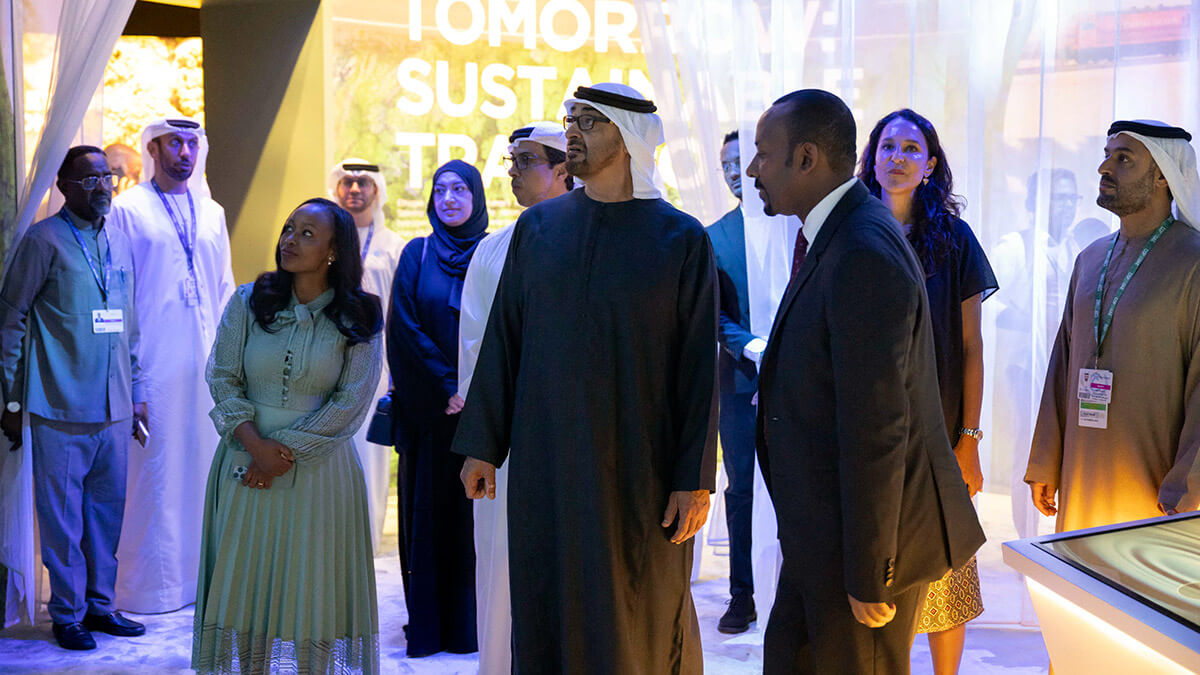
Al-Jaber also announced that his country will contribute $100 million to the "loss and damage" fund. Other nations will also finance the fund, such as Germany, which pledged 100 million dollars, the United States, which will donate 17.5 million dollars, and Japan, with 10 million dollars. The UK has also decided to contribute up to 60 million pounds sterling to the Loss and Damage Fund, equivalent to some 75 billion dollars. According to the approved text, the World Bank will temporarily manage the fund for a period of four years.
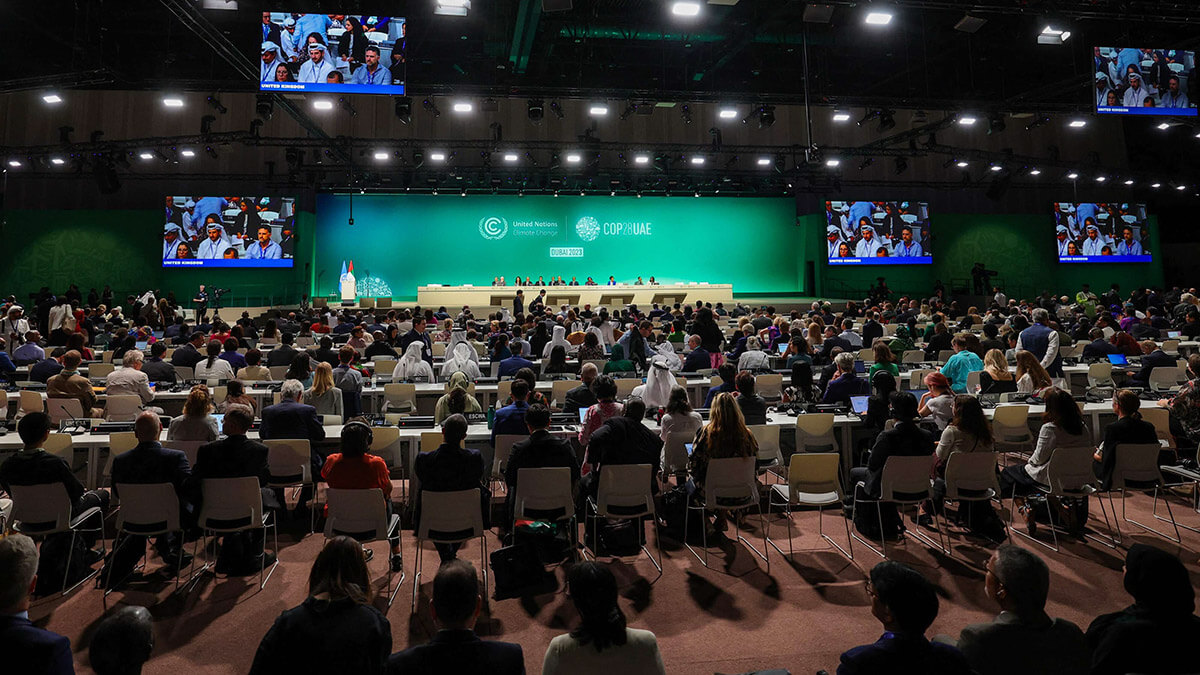
"Rich countries must announce their significant contributions," said Frederic Ruder of the NGO Global Citizen, who also called for new international taxes. In this regard, the European Union, France and Denmark will allocate hundreds of millions of dollars to launch the fund by Saturday, as reported by AFP.
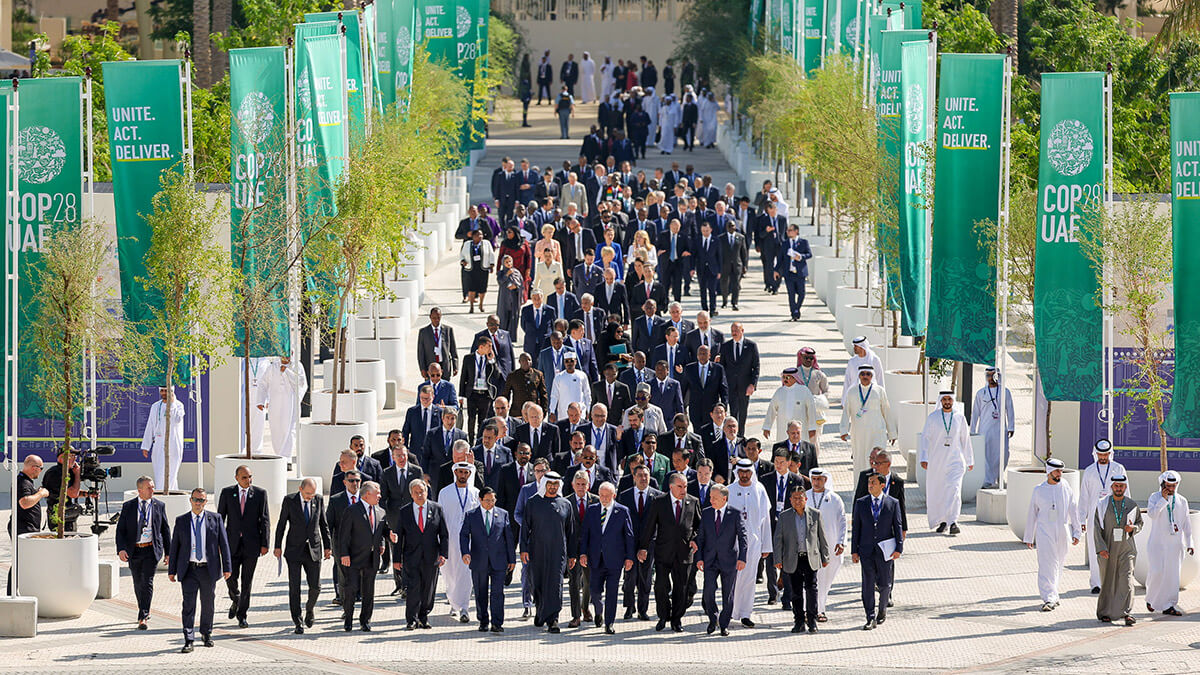
According to a European diplomat quoted by the news agency, the first contributions will "finance pilot projects" and test the fund's performance "before a larger funding round in a year or a year and a half", after it proves its credibility with future donors.
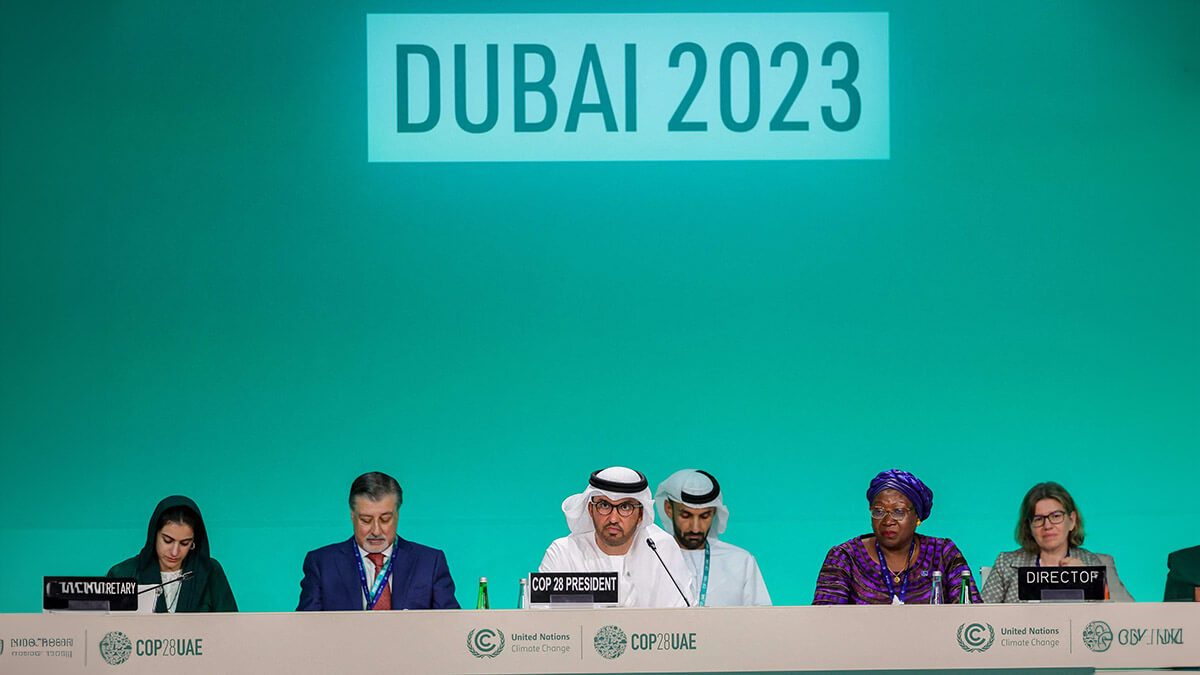
For their part, developed countries, led by the US, refused to make contributions mandatory and called for broadening the donor base to include richer emerging countries.
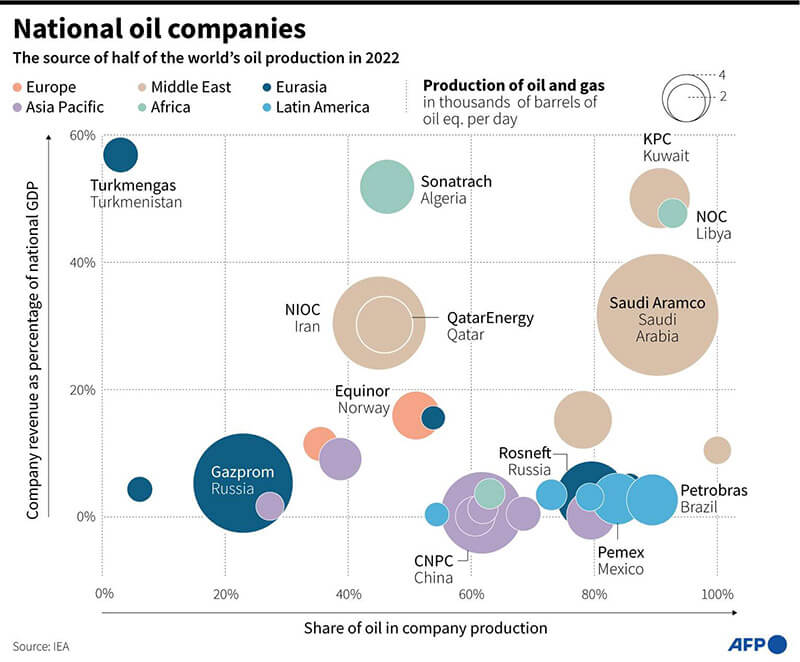
The UN has welcomed this decision, saying it is a "good start" to the summit. "All governments and negotiators must build on this momentum to achieve ambitious results," said UN climate chief Simon Stiell. "This has been the hottest year on record. Terrifying records were broken," added Stiell, who also warned that "we are paying with people's lives and livelihoods".
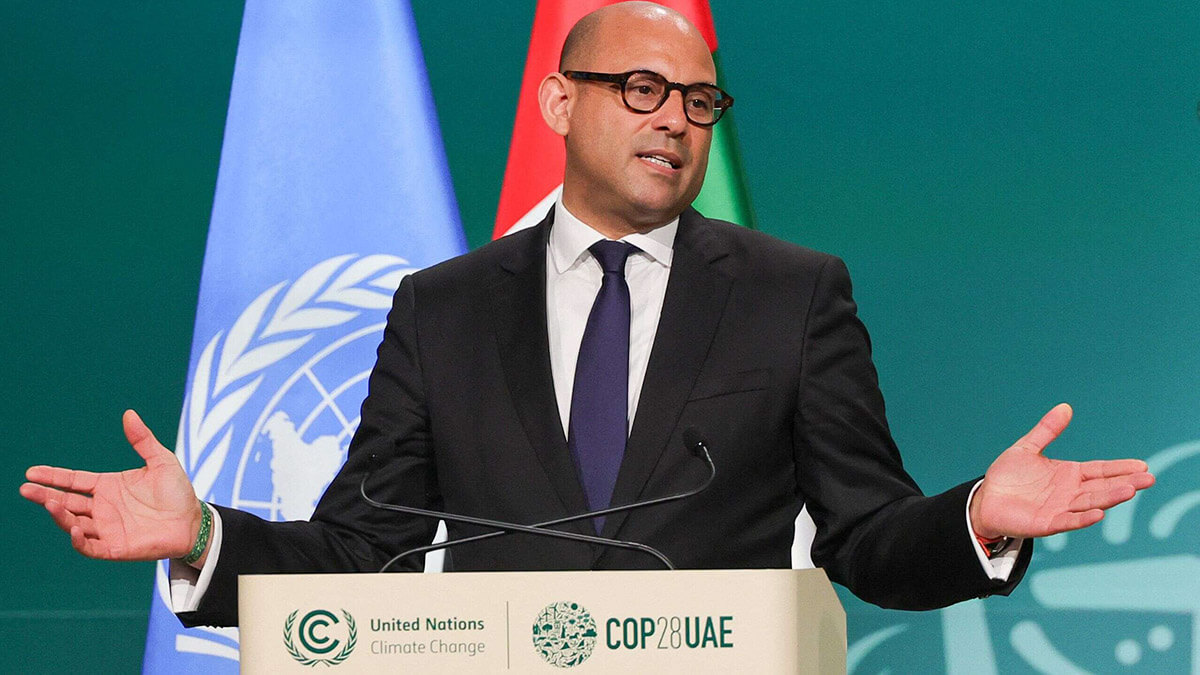
The fund, which was already on the table at the previous climate summit in Egypt, has been approved after a year of tensions that culminated in the agreement between the countries of the North and South reached on 4 November in Abu Dhabi. The unanimous approval of the fund - to be launched in 2024 - has been described by Madeleine Diouf Sarr, chair of the Least Developed Countries Group, as having "great significance for climate justice".
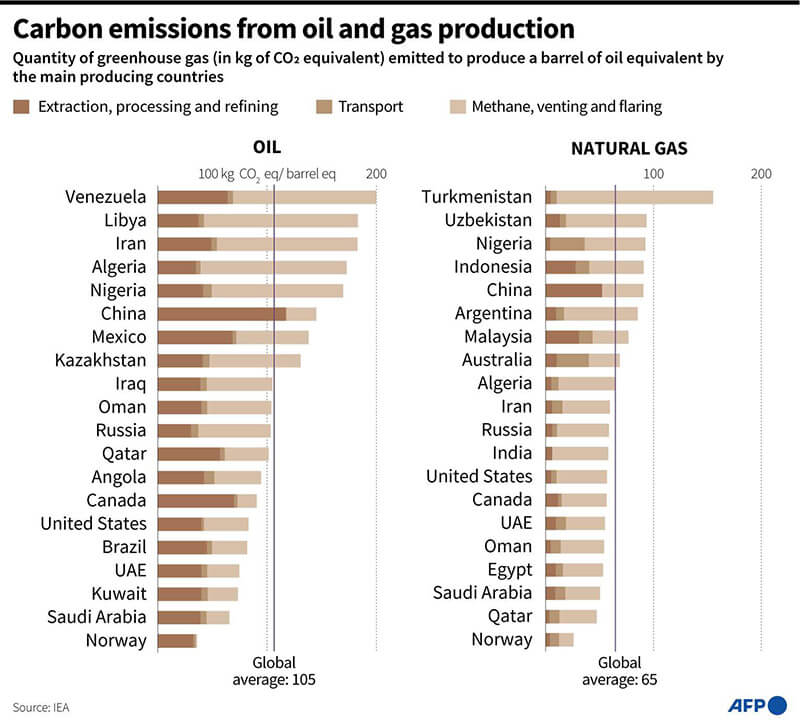
In addition to the approval of this fund, the first day of COP28 also saw another historic achievement: the adoption of the COP28 agenda, which aims to reshape global climate action. This achievement is an important milestone that reflects significant progress in joint multinational action to address climate change.










